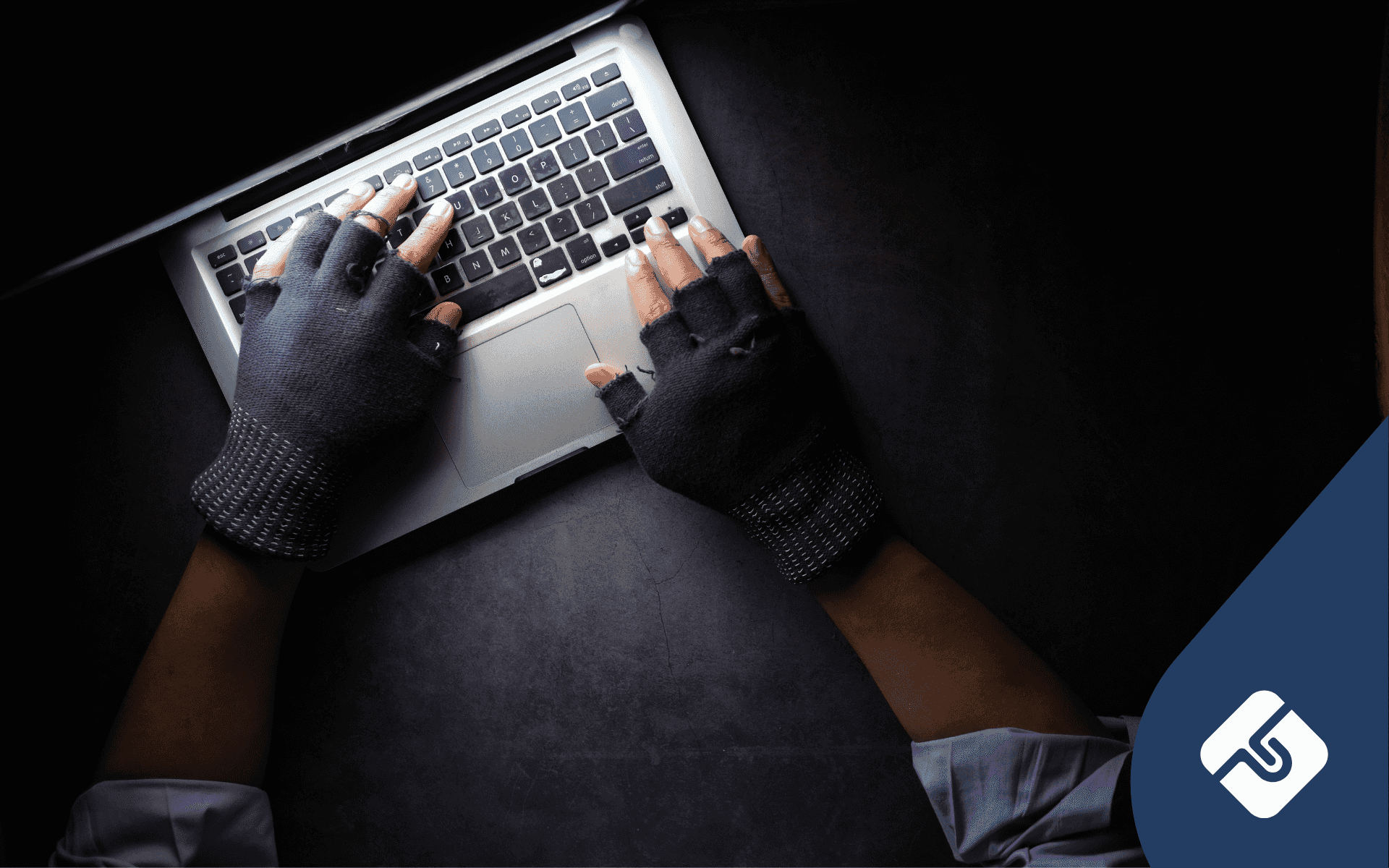Dominic is the CEO of Lawpath, dedicating his days to making legal easier, faster and more accessible to businesses. Dominic is a recognised thought-leader in Australian legal disruption, and was recognised as a winner of the Australian Legal Innovation Index and recently a winner of the LexisNexis 40 Under 40 (APAC).
Users of popular torrenting site, Bittorent, may soon find their names and addresses in the hands of big hollywood production companies (only a week before the latest season of HBO’s Game of Thrones begins!). In what is being heralded as a ‘tipping point’ for piracy in Australia, the Federal Court ordered iiNet and 5 other ISP providers to hand over the personal information of around 5000 users who downloaded the Hollywood blockbuster, The Dallas Buyers Club.
There’s no doubt Australian’s love to torrent content, but will this decision be able to reign in our downloading behaviour?
Is this the end of movie piracy?
The message is clear, Illegal downloaders can now be traced and your personal information handed over to rights holders and their lawyers. This is a huge issue for downloaders because it means you can no longer download in secret.
The film industry saw the music industry get smashed by piracy and they do not want to go the same way.Tuesday’s court case is just one of many attempts by right holders to gain the information of ISP customers. Earlier this year, a joint body that included right holders and ISPs provided a draft code based on a three-warnings system, that would would more easily and quickly make your details available to rights holders if you’re caught illegally downloading.
Who has been caught up in this?
At this stage it is only users on the BitTorrent platform who are being targeted. Users that share copyrighted content known as ‘seeders’ are liable.
But don’t think you can get away with saying you accidentally shared the content- if you install a Bittorrent client and it shares a ‘sliver’ of a file, you can be targeted.
Note: if this affects you, we recommend reading our post on what to do if you’ve downloaded the film.
I wasn’t seeding (I think). Am I safe?
If you’re thinking, ‘phew, I only download files, I don’t ‘seed’ them’, then don’t be too quick to sigh with relief. Whilst the Judge ruled that only people who make content available online, or seeders, were liable, the fact is that most of us seed files without even knowing it. When you download a file using BitTorrent, ‘slivers’ of the file (a few bytes) are being seeded back to other peers whilst you’re downloading. More often than not you will be a Leecher and a Seeder.
Is there any way of proving I downloaded it?
They will struggle to prove you actually downloaded it, especially if there is more than one person in your house. Under Australian Law Internet users are not required to have a secure WiFi or internet connection. Therefore it can be argued that someone else downloaded the content. Where it gets complicated is that according to Steve Dalby, iiNet’s former chief regulatory officer, “Most of the agreements state the account holder is responsible for the use of the account.”
How Effective / Accurate is Tracing?
Dallas buyers club LLC were able to track users by hiring a German based company Maverick called Eye UG.The technology works by posing as a BitTorrent user, targeting seeders and inviting them to share a piece of the file with their server, then matching the file against any copyrighted film.
However, some doubt has been thrown on the reliability of the IP information. Under examination in court, a Maverick Eye employee suggested that the system is not always accurate. It was said that between the time that Maverick Eye assembles the data on its system and when that data is shared by another user, the IP address associated with the packet of data could have changed.
The inability to prove which individual accessed your internet connection coupled with the unreliability IP information from Germany will mean that proving illegal downloading will be difficult.
What does speculative invoicing involve?
One of the main concerns of the Judge in the case was the use of speculative invoicing. Ever read a horror story about someone being sent a letter demanding thousands of dollars upfront for illegally downloading content, threatening expensive legal fees if they didn’t pay up? This is also known as speculative invoicing, a practice that has been used in the US and the UK.
Luckily for us here in Aus, these letters may also have little legal effect. In Australia, if the downloading was for private or domestic use, you would only have to pay compensation to the rights holders.The Dallas Buyers Club is currently available on Itunes for $14.99. This means the rights holders would get the $14.99 fee that should have been paid legally (actually less as the producers have to give Apple 30% of the $14.99).
The court also held that any letters to be sent by the Rights Holders are to be received by the court before they are sent to the suspected infringers. This will hopefully lower the risk of ‘pay-up or else’ tactics being used.







